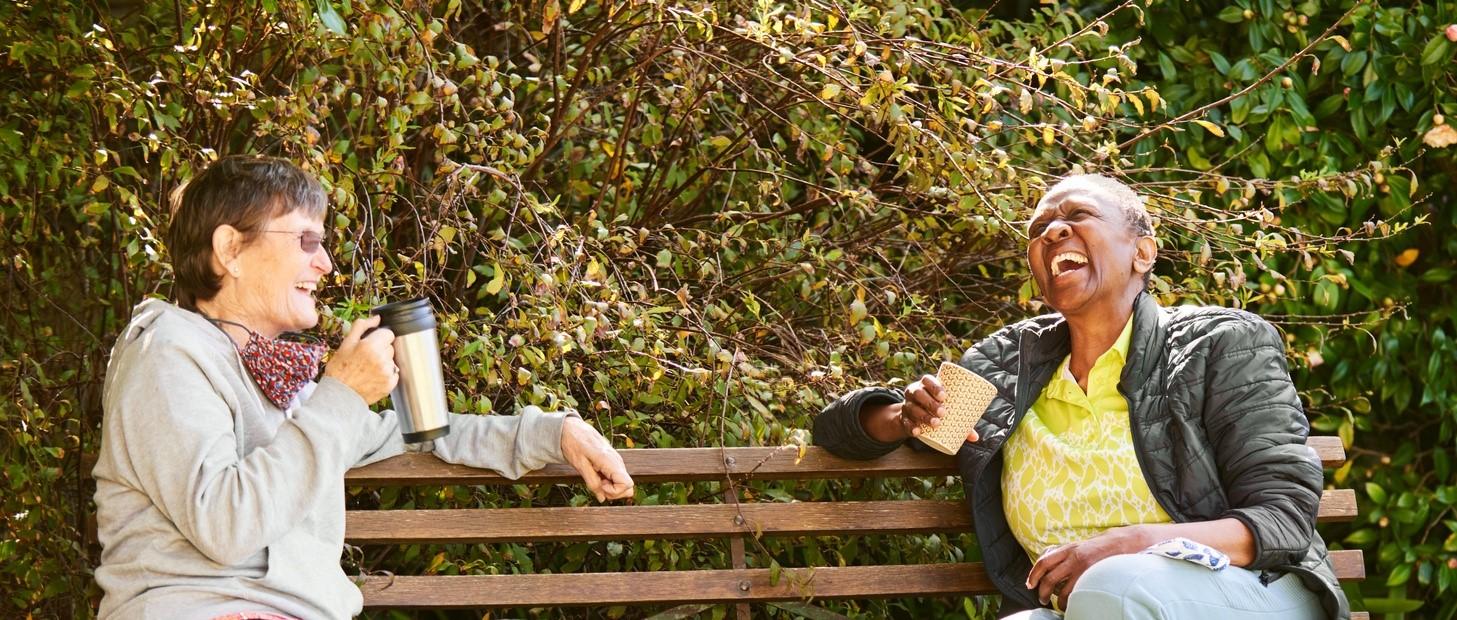
COVID-19: how to manage mood swings during coronavirus lockdown
Peer reviewed by Dr Sarah Jarvis MBE, FRCGPLast updated by Natalie HealeyLast updated 27 Apr 2020
Meets Patient’s editorial guidelines
- DownloadDownload
- Share
- Language
- Discussion
If you're experiencing mood swings during the coronavirus lockdown, you're not alone. Here's how to keep negative emotions at bay and restore harmony in your household during this challenging time.
In this article:
Video picks for Pandemic articles
Use Patient's coronavirus checker tool if you have any symptoms of fever or a new cough. Until you have used the tool and been advised what action to take, please stay at home and avoid contact with other people.
Do you find your emotions swinging rapidly from sadness to elation to anger or fear during the lockdown? If your mood is all over the place at the moment, that's completely understandable. This is not a normal situation. It's a hugely disruptive, sudden change to our daily lives that nobody was prepared for. It isn't surprising that many people are experiencing unpredictable moods.
"It is going to affect everyone's mood in many, and sometimes unexpected, ways," reveals psychotherapist Mark Bailey. "Whether it's worry, anxiety, feeling overwhelmed, discombobulated, angry and even perhaps unexpected emotions like relief as we accept some of our current situation, it's useful to know that as we experience one emotion it doesn't nullify or negate another."
Research from the University of Sheffield and Ulster University observed a spike in depression and anxiety after Boris Johnson's announcement of a UK lockdown on 23 March to tackle the coronavirus pandemic. And Bailey believes that over the next few weeks, we are likely to see greater levels of depression and anxiety in the general population.
Continue reading below
How others impact our moods
We all react to crisis in different ways. And right now, even though we all have a lot in common in some ways, your main concerns may be very different from somebody else's. That can mean you find yourself feeling out of sync emotionally with the people you live with. And that can lead to tension and arguments that make this time feel even harder.
"Whether we are living with a partner, flatmates or family - we are living within a system - and in this constraint of social isolation we are up close and personal with each other. So other people and their ways will have an impact on us," explains Bailey.
We may even start to pick up on each other's emotions and literally start to feel what they feel.
"Emotions can be 'infective' and if those around us aren't able to keep calm and cope well, we could end up getting stressed, fed up, irritable or low ourselves," says Dr Natasha Bijlani, consultant psychiatrist at The Priory Hospital Roehampton.
It's more important than ever to be accommodating of each other's needs and differences. Try to give everyone as much space as possible and don't neglect yourself. Carve out some alone time where you can find it - even just an hour a day can make a positive difference.
Existing mental health concerns
Back to contentsWhile mood fluctuations are normal for many people right now, it's worth pointing out that this crisis could be a particularly difficult time for people with pre-existing mental health problems, such as anxiety, depression, bipolar, borderline personality disorder, PTSD and premenstrual dysphoric disorder (PMDD).
"The very thought of being in 'lockdown' is a repressive concept for everyone, but it's is likely to be harder for people who have been through traumatic experiences," says Bailey.
Social isolation can reignite a sense of being trapped, he explains. When this happens to someone who has been through trauma, the brain can feel like they are reliving previous terrible experiences.
"If this happens it's vital to bring yourself and your body into whatever helps you feel safe, stable and secure in the here and the now. Phone a friend or the Samaritans, have a cold shower or warm bath, use relaxing scents and breathe slowly and deeply," he recommends.
And remember, your GP is still available by phone or video appointment if you have medical concerns at the moment - and that includes mental health.
Continue reading below
Ways to keep mood swings at bay
Back to contentsMood swings may be common right now, but there are some simple things you can do to limit their impact.
"None of us will be able to influence the actual course of this pandemic but each of us most certainly has the power and ability to influence our individual response to the situation," says Bijlani.
Don't sweat the small stuff
Being confined to our homes means that we can lose our usual sense of perspective. This means we can get saddened or frustrated by things that normally wouldn't bother us much at all.
"We have to double down here, which is not always easy, but take five," advises Bailey. "Even if something seems incredibly important, stop. Notice how you feel and then deliberately let it go. Do something else completely and there's a good chance a few hours later it won't matter as much."
Stick to healthy habits
If you're able to go outside for daily exercise, you may well find it helps recalibrate your mood. But indoor yoga, Pilates or dance may also alleviate negative emotions.
Prioritise your sleep routine, eat as healthily as you can and try to avoid drinking too much alcohol during this time.
"The best way to keep your mood swings under control is to look after yourself by keeping to your usual routine of sleep, diet, exercise and other activities. If you have been prescribed medication for your mental health, then take it as advised," says Bijlani.
Keep a diary
Some people find writing down how they're feeling can help them process their emotions. It may be particularly useful if you're feeling anxious, suggests Bailey.
"Write your worries down and distinguish them in two camps: worries that you are able to practically and realistically address in the here and now; and ones about the more distant future over which we have no control. Only focus on the first ones!"
Be kind
Choose kindness and you may well start feeling better. Doing something nice for somebody else can be a real mood boost. Perhaps reach out to someone you haven't spoken to in a while, or look into volunteering opportunities in your local area.
Stay hopeful
Ultimately, looking for good moments during these hard times can keep you grounded. Spend some time every day thinking about the things you are grateful for. And be inspired by how communities have rallied together in the crisis.
"Hope is incredibly important. For many in this time it will be frightening. Knowing this will pass - and it will! - gives us a sense that there is a future beyond this. Plan how you will commemorate and celebrate when this is over," says Bailey.
Patient picks for Pandemic articles

COVID-19
What are the latest rules on face masks in the UK?
As rules ease slightly in some parts of the UK, new measures are introduced to keep us safe as our exposure to the outside world increases. One of these measures is wearing a face mask or covering which, in England, has become mandatory in some situations.
by Milly Evans

COVID-19
How to meet friends and family safely outdoors
Across the UK, lockdowns are easing and we're allowed to see friends and family outside (and indoors too if you live in England or Scotland). But that doesn't mean the risk of spreading COVID-19 has vanished; you still need to take precautions to keep yourself and your loved ones safe.
by Andrea Downey
Continue reading below
Article history
The information on this page is peer reviewed by qualified clinicians.
27 Apr 2020 | Latest version

Ask, share, connect.
Browse discussions, ask questions, and share experiences across hundreds of health topics.

Feeling unwell?
Assess your symptoms online for free
Sign up to the Patient newsletter
Your weekly dose of clear, trustworthy health advice - written to help you feel informed, confident and in control.
By subscribing you accept our Privacy Policy. You can unsubscribe at any time. We never sell your data.